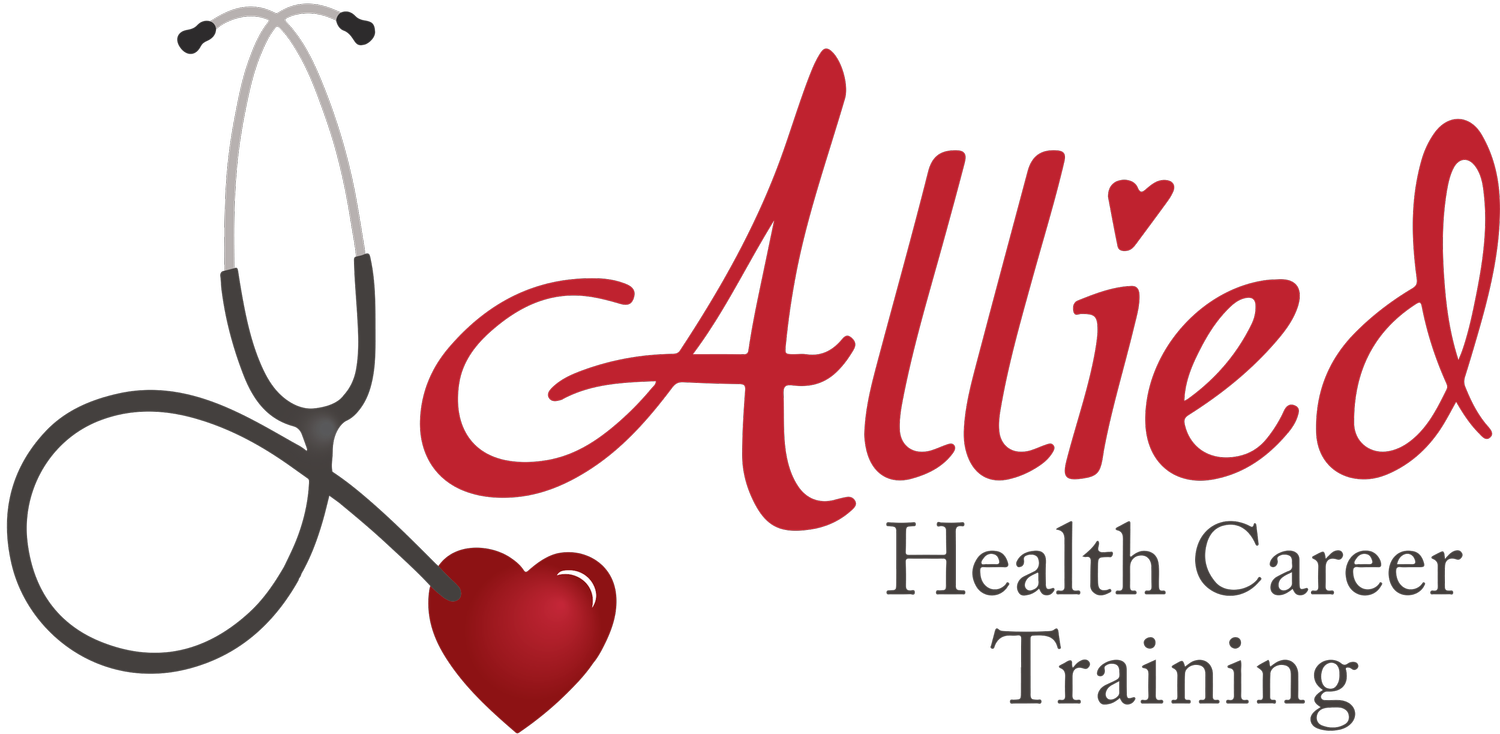According to the CDC these are the most prescribed drugs for older adults. Among U.S. adults aged 60–79, the most commonly used types of prescription drugs were:
Lipid-lowering drugs (45.0%)
Atorvastatin (Lipitor)
Fluvastatin (Lescol)
Lovastatin (Mevacor, Altoprev)
Pravastatin (Pravachol)
Pitavastatin (Livalo, Zypitamag)
Rosuvastatin (Crestor, Ezallor Sprinkles)
Simvastatin (Zocor, Flolipid oral suspension)
Notice how the generics end in statin? They are sometimes called the statin sisters and are all part of a group of drugs used to lower LDL or bad cholesterol.
High cholesterol can lead to blocked arteries or atherosclerosis and can lead to a heart attack (MI) or stroke (CVA)
These drugs can have some serious side effects that you will need to watch for.
Statins can cause side effects in older adults including gait disturbances, which can lead to falls; increased blood glucose levels and incidence of diabetes mellitus; development of cataracts; liver toxicity; and muscle complications such as rhabdomyolysis, which is a potentially life-threatening condition.
Antidiabetic agents (23.6%)
Metformin is the most common oral medication for Type 2 diabetes. It's been around a long time and is very well studied and because of this it is generally tried first before others. The most common side effects of metformin are nausea, gas, and diarrhea. These usually subside with time, and if taken with a meal, but if not it is important to report these side effects. Serious but more rare side effects that require immediate attention are lactic acidosis, a condition that can be fatal and impairment of vitamin B12 absorption but rarely results in anemia. Lactic acidosis symptoms are extreme sleepiness, nausea, breathing irregularities. Symptoms of B12 anemia are fatigue, breathlessness, headache, feeling faint, heart palpatations, pale skin.
Beta blockers (for high blood pressure or heart disease, 22.3%)
atenolol (also called Tenormin)
bisoprolol (also called Cardicor or Emcor)
carvedilol.
labetalol (also called Trandate)
metoprolol (also called Betaloc or Lopresor)
propranolol
Do you notice that all the generics end in lol?
These are antihypertensive drugs (lower blood pressure) They have been around a long time. They have well known side effects that are very important for the CMA to know and to communicate to CNAs when a resident has a dose increase as doing so can prevent all fall!
Bradycardia (slow heart beat) and hypotension (low blood pressure) are two adverse effects that may commonly occur. Fatigue, dizziness, nausea, and constipation are also widely reported.
ACE inhibitors (21.3%)
Lisinopril (Zestril)
Benazepril (Lotensin)
Enalapril (Vasotec)
Captopril
Ramipril
Notice that all the generics in this drug class end in pril. These drugs lower blood pressure by blocking angiotensin thus dilating the blood vessels. These are very common drugs and have well known side effects. The most common are dry cough, very low blood pressure, and elevated potassium levels. Low blood pressure can lead to falls and high potassium can lead to dangerous irregular heart beat. More rare side effects are kidney damage and severe swelling in the face (angioedema). These may require emergency medical care. This is a good reason to always take careful good vital signs as these can change quickly.
Proton pump inhibitors (16.9%).
Omeprazole - Is by far the most common proton pump inhibitor
Pantoprazole and rabeprazole - are also proton pump inhibitors (PPI) and actually work better but are not prescribed near as much due to the associated costs and insurance coverage.
Notice all these generics end in zole.
Side effects of PPI's. The most common side effects are headache and nausea. These drugs have pack some serious adverse effect when taken long term including Long-term PPI use has been associated with an increased risk of several adverse outcomes in observational studies, including bone fractures, vitamin B12, magnesium or iron deficiency, Clostridium difficile infection and community-acquired pneumonia. With so many of our residents taking these drugs for a long duration, it is important for the CMA to keep a keen eye out for these problems. Also, did you know that PPI's should be taken alone on an empty stomach? This is because eating activates the acid producing pumps.

